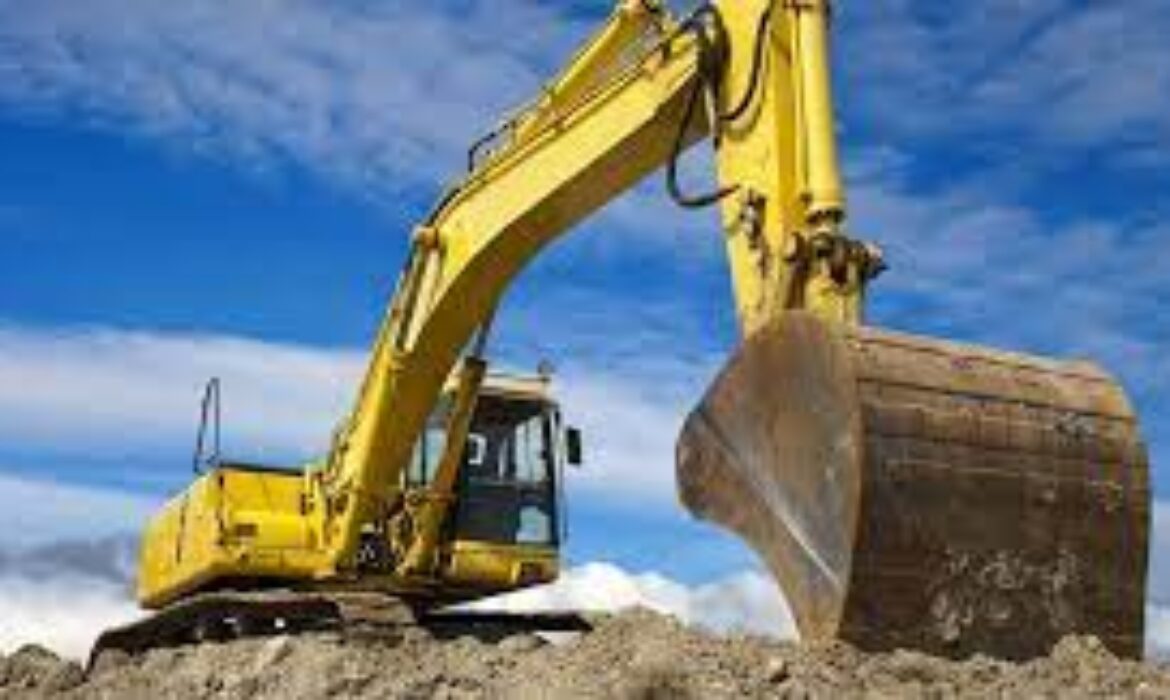
Driving large equipment is challenging; it involves techniques, accuracy, and good knowledge of the measures to avoid accidents.
Among the various necessary tools and vehicles used on construction sites, one of the most important is the 360-degree excavator, which is used mainly for digging, trenching, lifting, and demolishing objects and structures.
Training the operators of this machinery is not only advantageous but mandatory for the successful completion of construction projects.
This article discusses the importance of 360 excavator training, what it involves, and how it changed construction operations.
Overview of 360 Excavator Training
Excavator training for the 360 training aims to enable the operator to work on this machinery safely and effectively.
The training process covers the formation of operators’ theoretical knowledge and practical skills, considering various working conditions.
Core Components of the Training
Foundational Knowledge
Trainees proceeded to learn how basic operations involving the excavator work. This involved getting acquainted with the machine’s various components and workings, the roles the machine plays, and the principles of mechanics.
Understanding the strengths and weaknesses of the excavator is the foundation of this training module.
Operational Techniques
Hands-on experience is crucial. Trainees are trained by professional trainers who conduct different exercises to enhance their ability to operate the excavator.
They work through various activities, including digging, grading, and loading, with a lot of focus on efficiency and accuracy.
Safety Protocols
Safety is always of paramount importance when operating with these types of tools. The training encompasses all the checks that the devices may need before operation, frequency of maintenance, and other preventive measures, as well as measures to be taken in emergencies.
This knowledge enables the operators to evaluate the risks involved and how to handle possible dangers affecting both the operators and other employees.
Advanced Skills
Further training may cover complex lifting operations or additional work for unique locations such as confined spaces or unstable areas. These skills are helpful in projects outside the normal construction activities and processes.
The Impact of Comprehensive Training
Enhanced Safety
One of the main advantages of practicing thoroughly is that it helps reduce accidents in the workplace. By knowing the complexities of the excavator on their operating field and the operating environment, operators can avoid many pitfalls that result in a machine breakdown.
Increased Efficiency
Experienced operators can perform work faster and with fewer errors compared to new recruits, thus making operations more efficient at the job site. Such efficiency can be extended to reduce project time and cost implications.
Regulatory Compliance
In many places, obtaining a license is mandatory when handling large equipment. Getting 360 excavator training in a UK course means that there will be compliance with the legal mandates of handling these tasks so that the operators and their employers are safe from the laws.
Career Advancement
For construction workers, it should be essential to develop certified skills when it comes to operating some of these enhanced machines, such as the 360 excavator, to be assured of better jobs and higher pay. It is worth spending time on if one wants to advance in their career field.
Who Should Consider This Training?
Of course, the operators are the key target audience of this training. Still, several other positions might also find it helpful to know what a 360 excavator is capable of and how it is operated.
For this reason, individuals such as project managers, safety inspectors, and even the salespeople involved in the construction equipment business can benefit from this all-around training.
Conclusion
Training for 360 excavators continues beyond operations; it also covers all aspects of handling one of the most significant assets in the construction industry.
For operators, it gives them a better skill base in the workplace, protects them, and boosts demand for their services or the ability to acquire better compensation packages. In construction projects, it provides probabilities of enhanced productivity and compliance with safety measures.
It is about teaching an individual how to run a particular machine and creating and positioning a culture of the best in the competitive construction industry. For more information you can check the vally plant training



